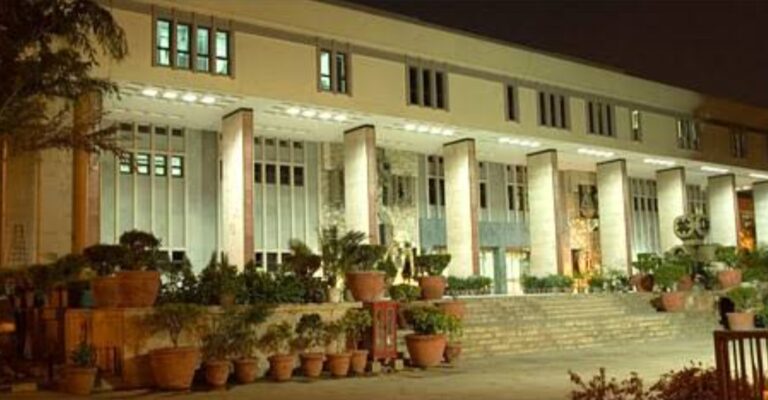The court ruled that, cash purchases, if duly recorded in the books and supported by relevant documents, cannot be disallowed merely due to the mode of payment.
In a significant tax ruling, the Delhi High Court has upheld the decision of the Income Tax Appellate Tribunal (ITAT) in the case of PCIT vs. Param Dairy Ltd., dismissing the ₹23.03 crore addition made under Section 69C read with Section 40A(3) of the Income Tax Act, 1961. The judgment reinforces the principle that when cash purchases are properly recorded in the books of accounts, they cannot be treated as unexplained expenditure.
Background of the Case
Param Dairy Ltd., a company engaged in the business of milk and milk products, was subjected to a search and seizure operation. During the proceedings, the Assessing Officer (AO) made a massive addition of ₹23,03,77,859 to the company’s income, treating its cash purchases of “Tanki Milk” as bogus transactions. The AO’s contention was that the payments, made in cash to traders instead of directly to farmers, violated the provisions of Section 40A(3) and Rule 6DD of the Income Tax Rules, 1962.
The Principal Commissioner of Income Tax (PCIT) further argued that the assessee failed to provide verifiable information about the traders involved and highlighted discrepancies in milk pricing between Tanki Milk and regular purchases.
Also Read: Alimony and Its Taxability Under Income Tax Act in India
ITAT’s Findings and Decision
The ITAT, however, ruled in favor of the assessee, stating that the Tanki Milk purchases were properly recorded in the books of accounts and were reflected in the audited financial statements. The tribunal acknowledged that maintaining individual records for numerous milk suppliers (mostly farmers) posed practical challenges. Instead, a common ledger entry was used for streamlined accounting.
The ITAT further noted:
-
Detailed records of milk collection and quality testing were maintained.
-
The source of the purchases was clearly established.
-
The cash payments were justified considering the nature of the business and industry practices.
It concluded that since the purchases were genuine and accounted for, the addition under Section 69C was unwarranted.
Also Read: IBC Plan Prevails Over Income Tax Reassessment: Calcutta HC
Delhi High Court’s Verdict
Reviewing the appeal under Section 260A of the Income Tax Act—limited to substantial questions of law—the Delhi High Court dismissed the PCIT’s appeal, affirming that:
-
The ITAT’s findings were based on facts and material evidence.
-
No perversity or manifest error was found in the tribunal’s order.
-
The ITAT, being the final fact-finding authority, had rightfully assessed the case.
The Court emphasized that appeals under Section 260A can only be entertained if a substantial question of law arises, which was not the case here. Therefore, the High Court ruled that the addition under Section 69C was incorrectly made and that the ITAT’s decision to delete the addition was justified.
Conclusion
This landmark ruling clarifies that cash purchases, if duly recorded in the books and supported by relevant documents, cannot be disallowed merely due to the mode of payment. It also reinforces the importance of assessing each case based on industry-specific practices and the realities of business operations.
Taxpayers and professionals alike can take valuable insights from this judgment, especially in sectors where cash dealings are prevalent due to operational necessities.
READ MORE
AO Cannot Issue Reassessment Notice Without Specifying Bank Name: Rajasthan HC Ruling
